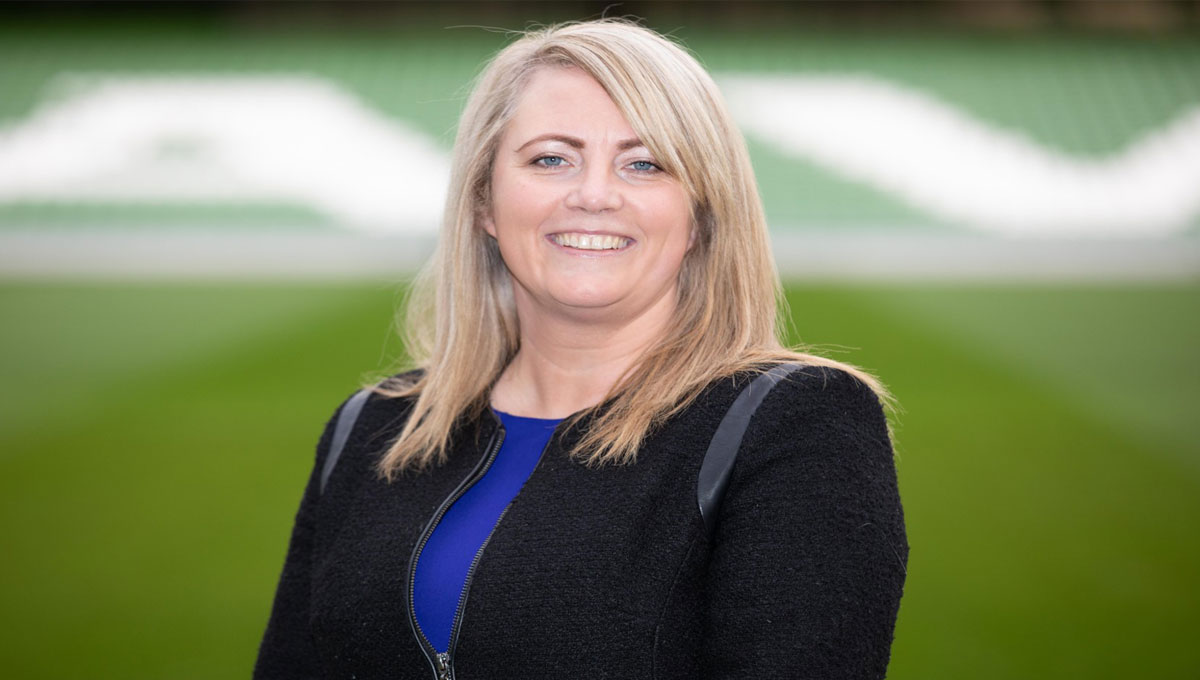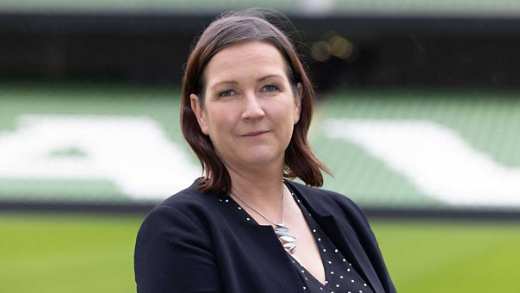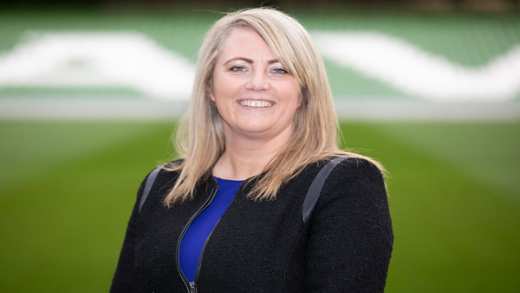In the first two parts of our Q&A with pensions expert Claire Louise Murphy, you’ll have learned a lot about starting a pension in Ireland, how they work, and why it’s such a vital part of your long-term financial planning.
If you missed them, check out part one and part two of The Pension Plan right now. Or, if you are starting from scratch, check our Aviva Pensions page.

In this final instalment, Claire Louise tackles all-important questions on drawing your pension, how much you’ll need, and other key need-to-knows when it comes to preparing for your retirement…
1. What are the pension fees and charges?
These vary depending on the kind of pension product that you invest in. The products will usually include a Fund Management Charge (FMC) – and each different fund will have different charges. In addition, the policy may include a Plan Management Charge (PMC) and/or a Fund Based Commission (FBC). Again, all of these will vary from product to product and provider to provider; that’s why a good provider should offer a range of fees and charges that are suitable to the customer.
The allocation rate your contribution receives is also important. If your contribution allocation is 100% and the contribution is €100, then €100 will be invested into the fund(s) in your policy. If your contribution allocation is 98% and the contribution is €100 then €98 will be invested into the fund(s) on your policy, and so on.
2. Do you pay tax on a pension once you start to draw from it?
There are different routes you’ll be able to take on retirement. Everyone, regardless of being invested in an individual or company pension in Ireland, is entitled to 25% of their pension plans tax-free on retirement, up to €200,000. After the tax-free lump sum, you can choose:
- An annuity – an income for life and may be subject to tax depending on your tax rate, band and credits.
- An Approved Retirement Fund (ARF) – continuing on with a post-retirement investment bond. Once you reach age 61, you’ll have to pay what’s called an Imputed Distribution (currently 4% per annum) and you’ll receive the net amount or 5% per annum once you reach age 71.
3. Is there a limit on a lump sum you can take?
There’s a limit to the tax-free cash element of the lump sum, with individuals having a lifetime limit of €200,000.
4. What is the State Pension?
- The current full State Pension (Contributory) is €13,795.60 per annum, or €265.30 per week. It’s really important to note that not everyone is entitled to the full State Pension. Your PRSI record will determine if you will qualify for the State Pension and, if so, how much State Pension you are entitled to.
- The State Pension (Non-Contributory) is a means-tested pension if you don’t qualify for the State Pension (Contributory). It’s based on your PRSI contribution record.
- The Homemaker's Scheme was introduced on 6 April 1994, to support people who give up work to take care of a child under the age of 12 or an incapacitated adult age 12 or older. A full tax year spent as a homemaker, up to a maximum of 20 years, can be disregarded in the calculation of the yearly average for State Pension (Contributory).
5. How much do you need to have in your pension to maintain your lifestyle?
The answer to this can vary hugely from one person to the next – but a good rule of thumb is to aim for an income in retirement to replace 50% of your current salary. Why 50%? The hope is that your other financial obligations will have been paid off before you retire – mortgage, personal loans, the costs of getting your children through university, and so forth – and you won’t ‘need’ the same net pay to maintain your lifestyle. Whatever 50% of your salary is can be reduced further by including the State Pension amount that you’ll receive. For example, if your salary is currently €50,000, you’ll aim for €25,000 in retirement. If you deduct the full State Pension of €13,795.60 per annum, you’re now saving to close a gap of €11,204.40 in retirement income.
6. When can you access your cash at retirement?
Once you’ve reached the selected retirement age on your pension plan, you can access the benefits straight away.
7. What happens if you die before drawing your pension?
If you’ve got a personal pension, the proceeds of the plan will be paid to your Estate.
If you’re an active member of an occupational pension scheme, there’s usually a provision to pay a lump sum and/or an annuity to the nominated beneficiary of your Estate. This is referred to as Death in Service (DIS).
If you are a deferred member of an occupational pension scheme, the proceeds will be paid to your Estate. Members of company pensions complete a Nomination Form advising who their beneficiaries are.
8. Can I increase my contributions to my company pension?
Yes. Your options are to pay an Added Voluntary Contribution (AVC) into the scheme, or on a stand-alone basis. An AVC has the same tax relief as main scheme contributions, and the amount you can pay into an AVC is capped depending on your age:
Missed a chapter? Check out part one and part two of our ‘The Pension Plan’ series. You can also check out more about the subject on our Aviva Pensions page or our Pensions blogs. Be prepared for retirement with your retirement checklist, so you know you have everything covered.







